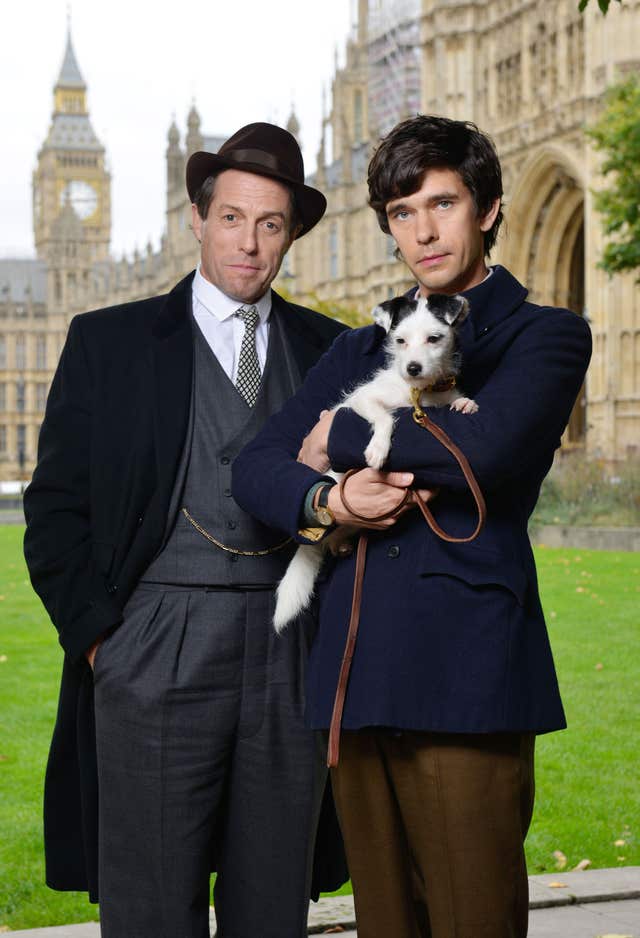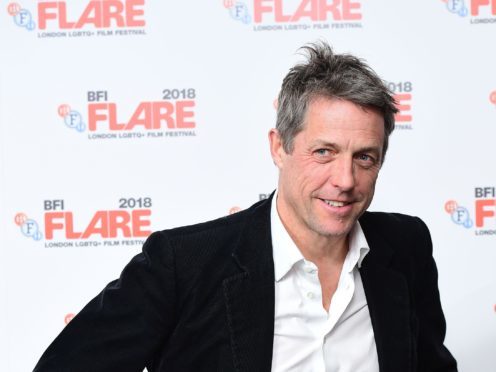Hugh Grant has said politics is like “show business for the ugly” and the ego and narcissism in politicians is often worse than in celebrities.
The actor recently starred in TV series A Very English Scandal, in which he played Liberal Party MP Jeremy Thorpe who was involved in a high-profile trial in the 1970s for conspiring to murder his former lover Norman Scott.
Grant, speaking at the Edinburgh TV Festival, said it made him realise how relevant the story is in 2018.
He said: “It’s simply that, a big part of Thorpe and of what he did was narcissism.
“And in the last six years of my life, doing the whole Hacked Off thing and coming into contact with a lot of politicians all the time, it became very clear to me that whoever said it got it right: that politics is show business for the ugly.”
Panel overflowing with talent discussing the brilliant @BBCOne drama of the year with @sueperkins #AVeryEnglishScandal now #EdTvFest pic.twitter.com/8MYfduARnX
— EdinburghTVFestival (@EdinburghTVFest) August 24, 2018
Grant added: “The ego and narcissism is great, if not worse, than anything I’ve come across in showbiz.
“And this was a great motivation of Thorpe; it’s this absolute, great white shark determination to get what you want, and everything else falls by the wayside.
“And I still see people like that. You can see it going on in politics right this moment, where careers come first, and the country comes sixth or something.”
He was joined on the panel by A Very English Scandal’s writer Russell T Davies, director Stephen Frears, executive producer Dominic Treadwell-Collins and producer Dan Winch.
Frears said he hopes in 10 years, somebody will make a film about Brexit.
Referring to an earlier comment from Grant about politicians, Frears said: “When you talked about the great white shark, that’s a description of Boris (Johnson).”
Comedian Sue Perkins, who hosted the discussion, said: “I’m not waiting for a three-part series about Boris…”
Frears replied: “Well come on, it’s the most extraordinary story.”

Treadwell-Collins said: “There’s stuff going on that we don’t know about, and in 10 years’ time, we’ll get the full story.”
Davies added: “And if it can end on his death, that would be great.”
Grant said he thought the difficulty with making a film about Brexit is largely because a large portion of news and events around the topic have happened in the online space.
He said: “So much of what happens in the Brexit scandal happens online. No-one’s really cracked how to make that (for) filming or television.”
Posing that you would have to keep “cutting to screens” of online snippets, he added: “I’ve never seen anyone crack that.
“One of the reasons why again and again people respond well to film and TV things made in a pre-internet age, even pre-cellphone, is pretty good.”
